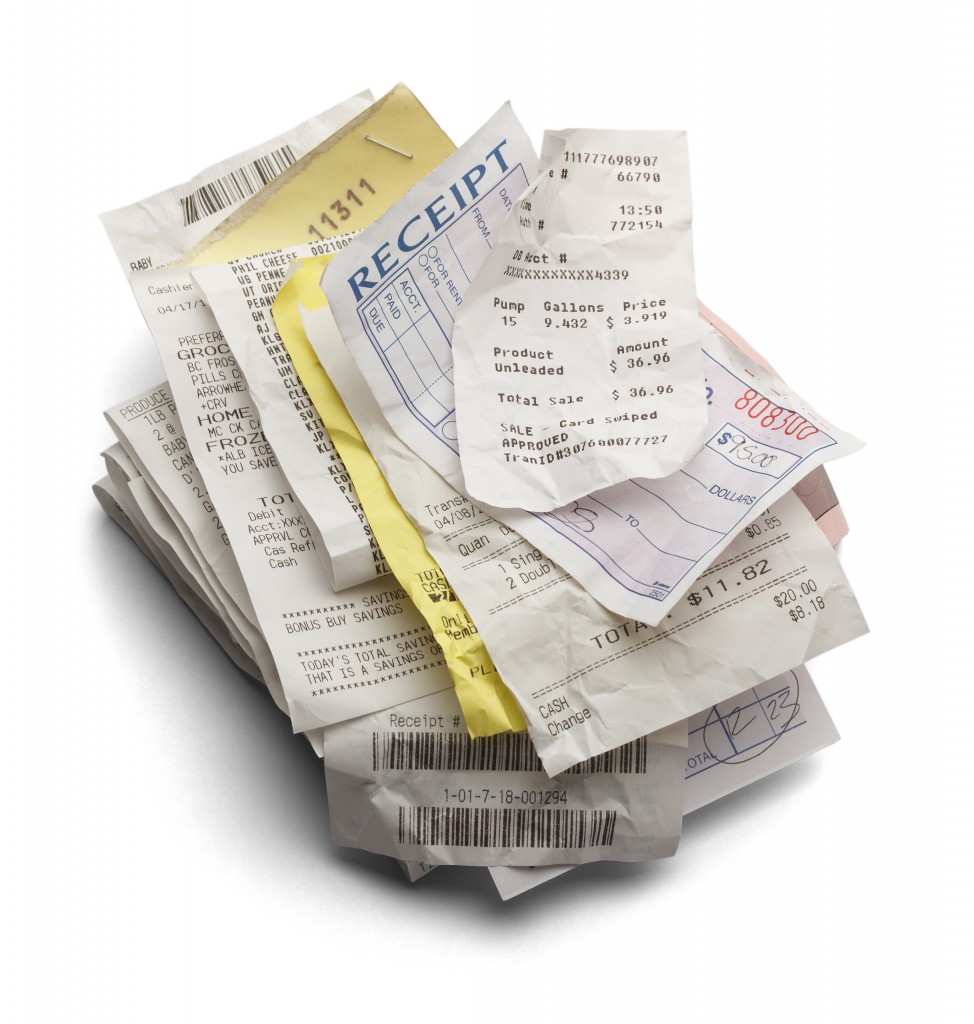
The day will come when you will no longer be able to work full time.
You may somehow become disabled. You may have a chronic illness that robs you of energy. You may be phased out by a church that wants a younger pastor. What will you do? The answer: Prepare now.
Proverbs repeatedly teaches the importance of working hard, planning and preparing for today, tomorrow, and the future. (Proverbs 6:6-8; Proverbs 13:11; Proverbs 13:22) A pastor who fails to prepare for the future is an unwise man. Last week I wrote, “Six financial mistakes that pastors make” and gave the first three:
- Believing that money is to be renounced rather than stewarded
- Failing to save in your twenties and thirties
- Failing to save after opting out of Social Security
Here are four more costly mistakes to avoid.
Financial Mistakes Pastors Make:
4. Believing That You Will Work Until You Die
Pastors often seem to think that they will die in the pulpit, but there will almost certainly come a time when you will no longer work full time. Retirement may seem hard to conceive of in your twenties and thirties, but it doesn’t make it any less inevitable. I am not encouraging you to quit working at 40 and play golf for the rest of your life, but be realistic and prepare for the future. Save early and save a lot. In the event you are disabled, chronically ill, or phased out of your role, you will be well prepared to leave graciously. Instead of believing that you will work until you die, prepare for the day when you are no longer able.
5. Not Maximizing Housing Allowance
Pastors have a tax benefit that few others have, the housing allowance.
Here are some basic rules concerning the housing allowance:
- Add up all of your potential housing costs for the coming year.
- Housing costs include rent or house payment, homeowners or renters insurance, property taxes, utilities, home furnishings, cleaning supplies, etc. (Not groceries)
- Declare your housing allowance in advance.
- Put your housing allowance in your board meeting minutes.
- Declare $10,000 more than you think that you will spend. (My advice)
- Save every receipt that might even remotely be associated with housing.
- At the end of the year, add up all of your receipts. Whatever you have not spent is declared as income.
Don’t waste this benefit. Maximize it!
6. Not Saving (almost) Every Receipt.
Sometimes it seems like life is one big pile of receipts. But once you declare a housing allowance, you have to obsessively save receipts. There are various ways to do this:
- Have a basket in your office, house, or car where you throw every receipt that has anything to do with housing.
- Scan all of your receipts into Evernote.
- Put your receipts in a file.
- Take a picture of your receipts and email them to yourself.
Whatever system you follow, save all of your receipts. At the end of the year, you will spend a few hours and add them all up. This few hours will save you thousands of dollars in taxes.
7. Not Investing in a Good Clergy Tax Guy.
One of the best decisions that I ever made was to invest annually in a good clergy tax expert. For several year now I have been using Clergy Advantage. I pay substantially more than I would with turbo tax or a local CPA, but the money that I pay is worth every penny. My Tax guy has represented over 1500 pastors in audits, has decades of experience in clergy taxes, and stays completely up to date on annual tax law changes. (And he does Rick Warren’s taxes) Don’t skimp when it comes to a clergy tax professional. You get what you pay for.
Don’t be the pastor who has worked for 40 years and has ignored wise principles of stewardship. Instead, avoid these seven financial mistakes that pastors often make.

